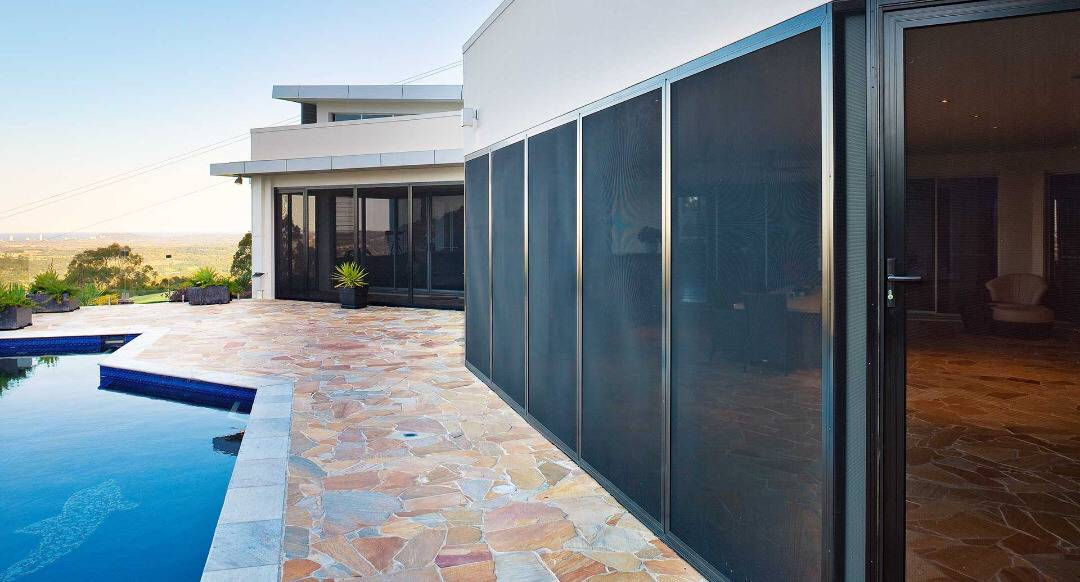How Folding Doors Can Help Malaysian Homes Save Energy Through Insulation and Ventilation Design
- ppdiong
- Aug 5, 2024
- 3 min read
Introduction
In Malaysia's tropical climate, managing indoor temperatures is crucial for comfort and energy efficiency. Folding doors are not only a stylish addition to homes but can also play a significant role in reducing energy consumption through effective insulation and ventilation. This article discusses how folding doors can help Malaysian households save energy by keeping homes cooler and reducing the need for artificial cooling.
1. Enhanced Insulation with High-Quality Materials
One of the keyways folding doors contribute to energy savings is through their insulation properties. Modern folding doors are often made with materials that have excellent thermal insulation capabilities. For example, doors with double-glazed glass panels help to keep the heat out while retaining cool air inside. The use of insulated frames, such as those made from aluminum with thermal breaks, can further prevent heat transfer, making your home more energy efficient.
2. Blocking UV Rays
Folding doors with specialized glass coatings, such as low-emissivity (low-E) glass, can block harmful UV rays from entering your home. This not only protects your furniture from fading but also reduces the amount of heat that enters, keeping your home cooler. By minimizing heat gain, low-E glass helps lower the reliance on air conditioning, leading to significant energy savings.
3. Promoting Natural Ventilation
Folding doors can be strategically positioned to enhance natural ventilation within your home. By fully opening the doors, you can create a cross-breeze that allows fresh air to circulate, reducing the need for air conditioning. This is particularly beneficial in coastal or elevated areas where cool breezes are common. Natural ventilation not only improves indoor air quality but also helps to maintain a comfortable indoor temperature without relying heavily on energy-consuming appliances.
4. Flexible Shading Solutions
Many folding doors can be fitted with integrated blinds or external shading devices that allow you to control the amount of sunlight entering your home. During the hottest parts of the day, you can use these shades to block direct sunlight, reducing heat buildup inside. By managing the amount of light and heat entering your home, these shading solutions help maintain a cooler indoor environment, further reducing the need for cooling systems.
5. Smart Design for Efficient Airflow
The design of folding doors can be customized to maximize airflow and minimize heat buildup. For instance, doors with larger glass panels and slimmer frames allow for greater visibility and light while maintaining good airflow. Additionally, folding doors can be paired with other architectural elements like louvers or vents to enhance the natural ventilation of your home, keeping it cool even on the hottest days.
6. Energy-Efficient Door Positioning
The placement of folding doors can also impact energy efficiency. Installing folding doors on the side of your home that receives the least direct sunlight can help minimize heat gain. Moreover, using folding doors to connect indoor spaces with shaded outdoor areas, such as covered patios or verandas, can provide additional cooling benefits by leveraging the cooler temperatures of shaded spaces.
Conclusion
Folding doors offer more than just aesthetic appeal; they are also a practical solution for improving energy efficiency in Malaysian homes. Through effective insulation, UV protection, and natural ventilation, folding doors can significantly reduce the need for artificial cooling, leading to lower energy bills and a more comfortable living environment. By carefully selecting materials and designs, homeowners can make folding doors a key component of an energy-efficient home that thrives in Malaysia's warm climate.



Comments